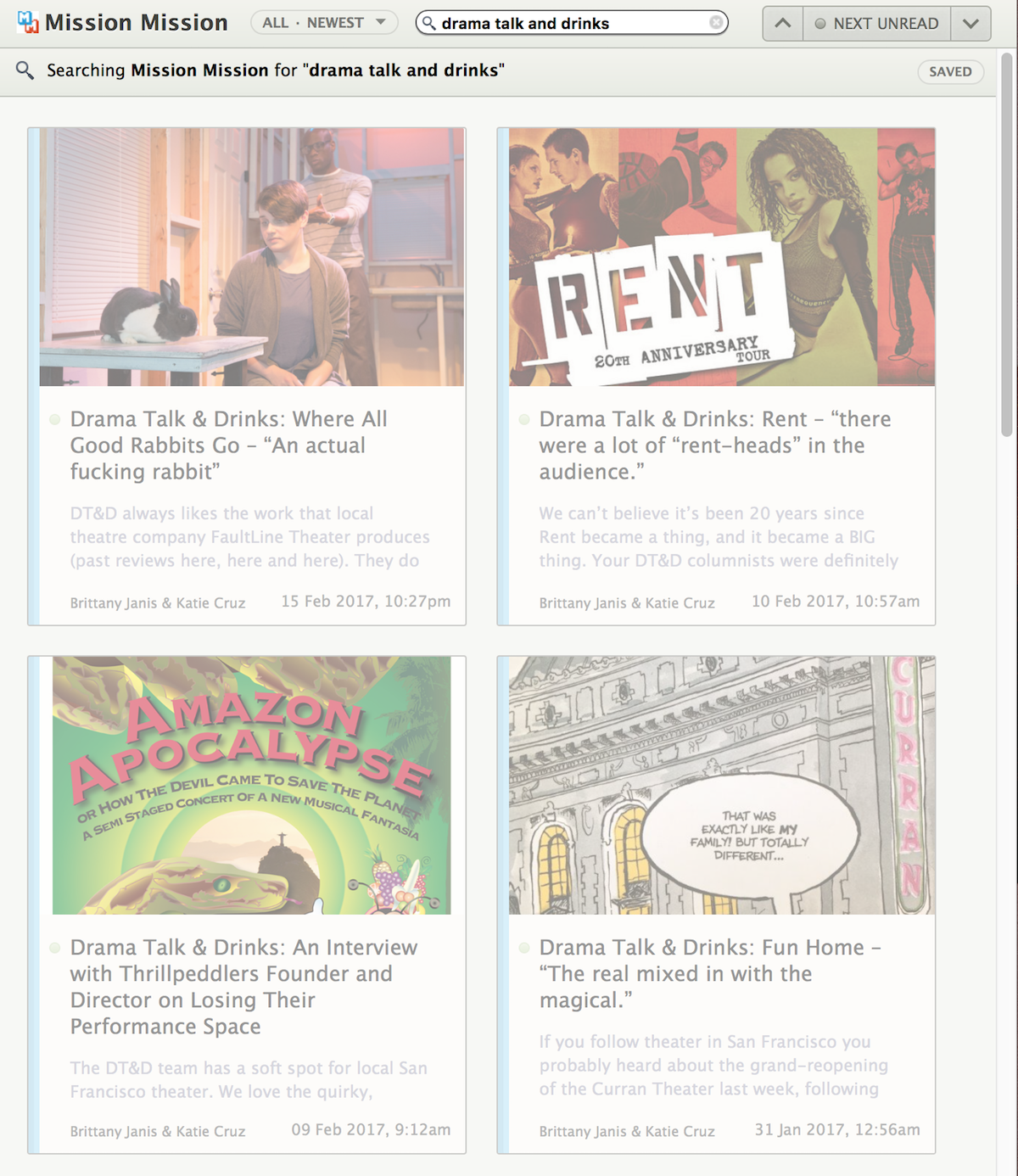The Economist:
Yet in spite of Mr Cook’s bouncing optimism, Apple seems unlikely
to turn its watch into the next big must-have gadget. Certainly,
the watch will not match the success of previous products, such as
the iPod or iPhone.
It’s ignorant to lump the successes of iPod and iPhone together. iPod was indeed successful — for its time. But iPhone’s success is at least an order of magnitude — maybe several — greater. And oddly enough the “Revenues by Product” chart that The Economist uses to illustrate this very article shows just that. Compared to iPhone, iPod’s peak revenue just wasn’t that great.
If you don’t think Apple Watch can at least match the iPod’s success, I think you’re nuts. I’m going to run out of claim chowder pantry space.
Here’s their there explanation for this pessimism:
This is true for two main reasons. First, Apple’s newest creation
replicates many of the functions that the smartphone already makes
so seamless, such as checking e-mail, receiving calendar alerts
and communicating with friends. People are unlikely to want to
shell out a sum between $350 (for the most basic model) and
$17,000 (for the fanciest version) for something with so few extra
functions. Second, the Apple Watch is dependent on a nearby
smartphone, which means that users will just be adding another
device to their growing menageries instead of replacing one. This
is not unlike selling someone a wristwatch that requires a pocket
watch to work.
The Apple Watch’s current reliance upon a tethered iPhone is much like the way early iPhones required wired syncing to a Mac or PC for everything from music to contacts to calendars. Apple Watch will be an independent cloud client device eventually.
Apple Watch may or may not be a compelling device. The fact that it requires an iPhone companion will not determine that.


